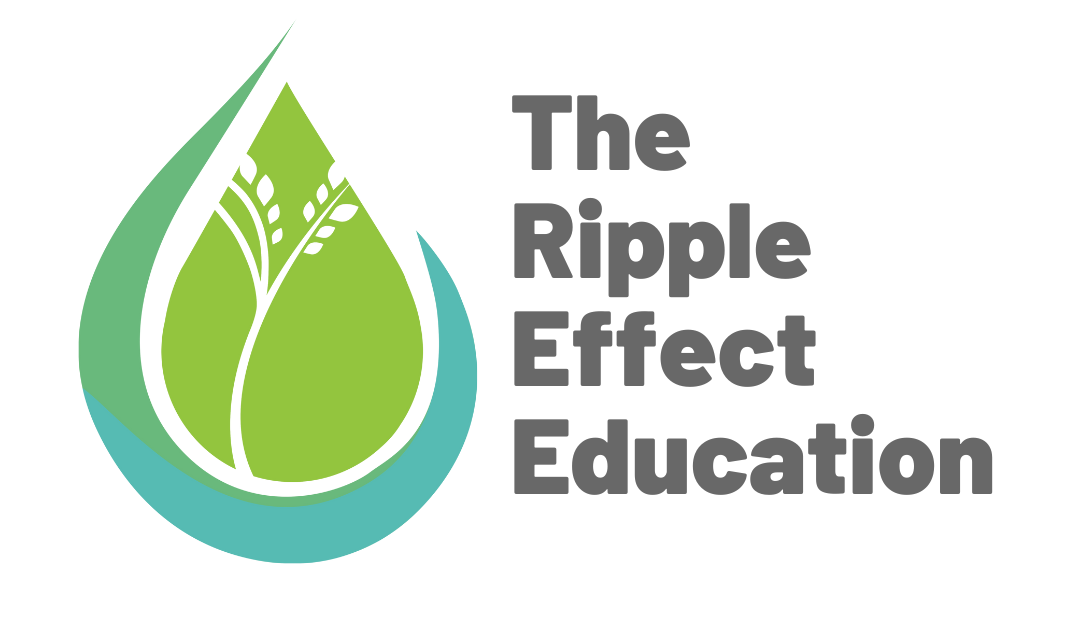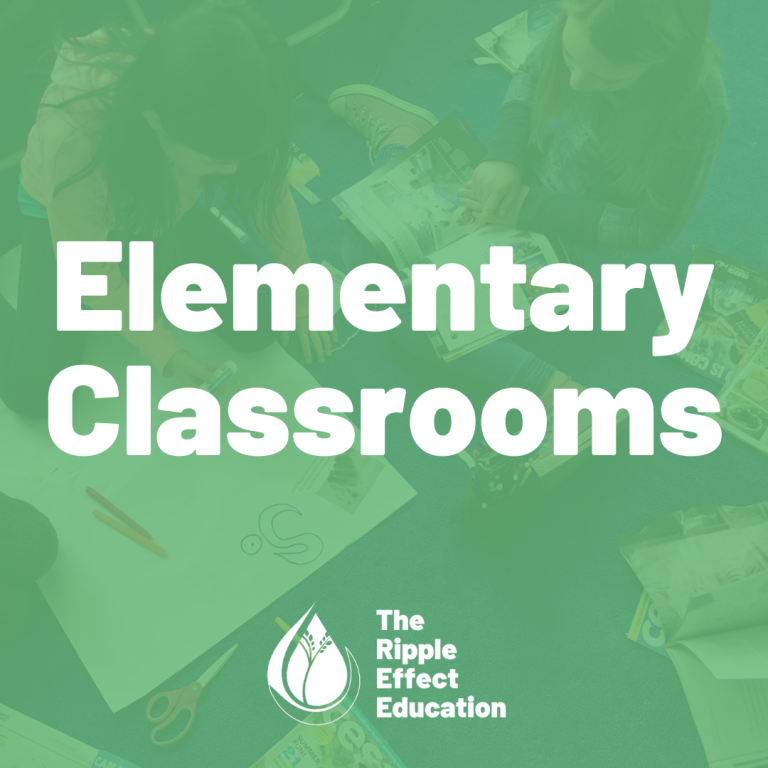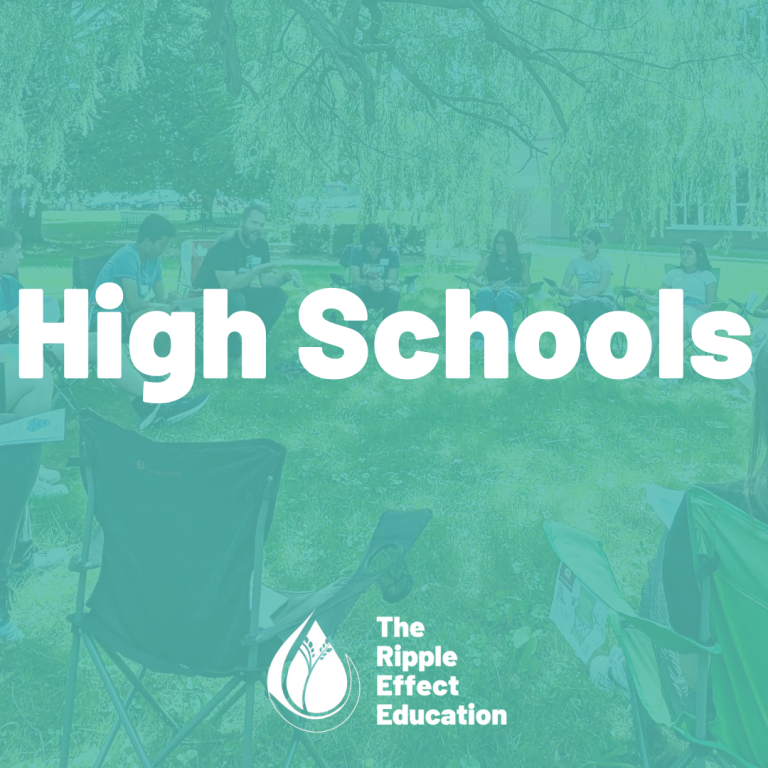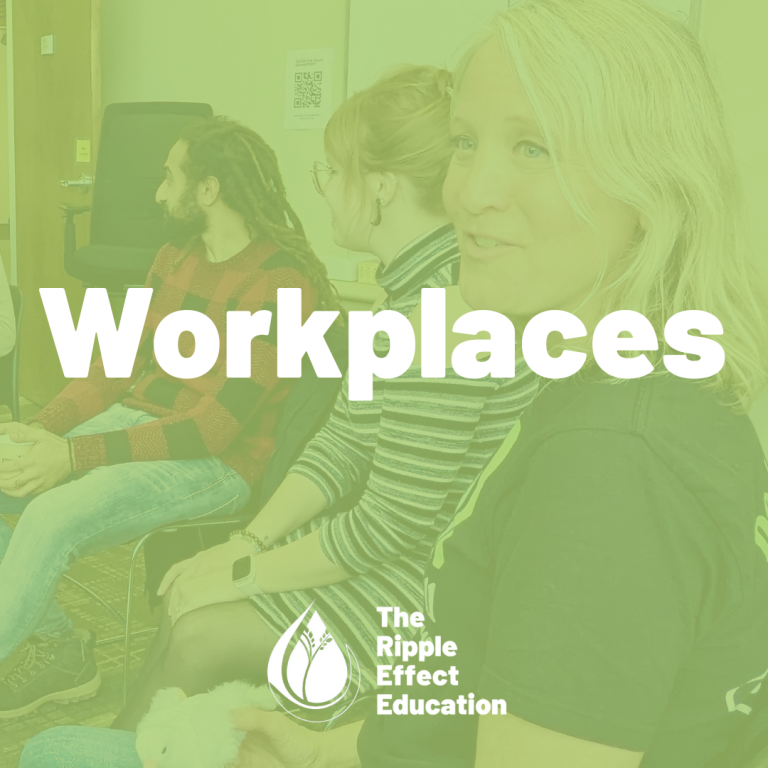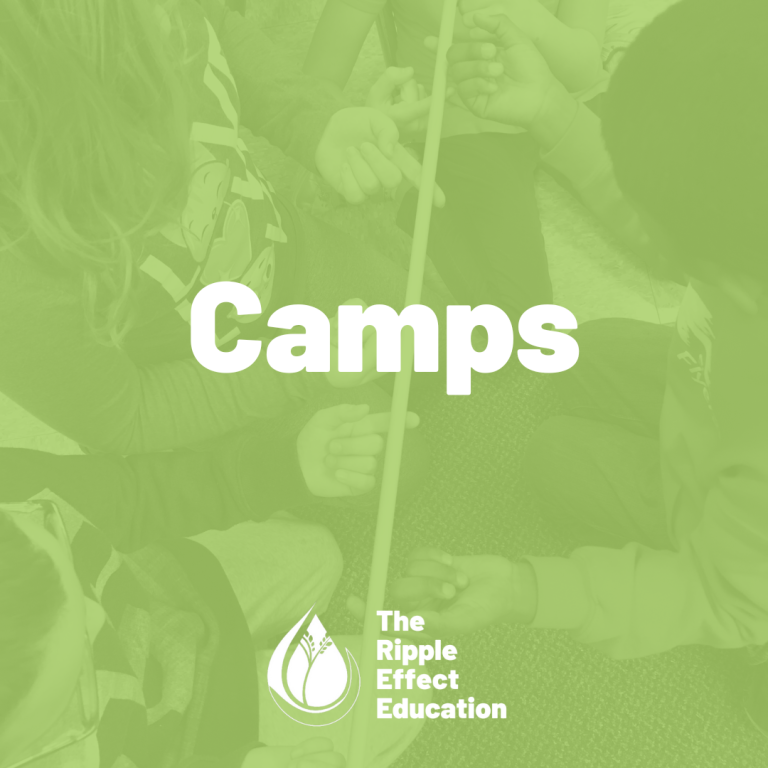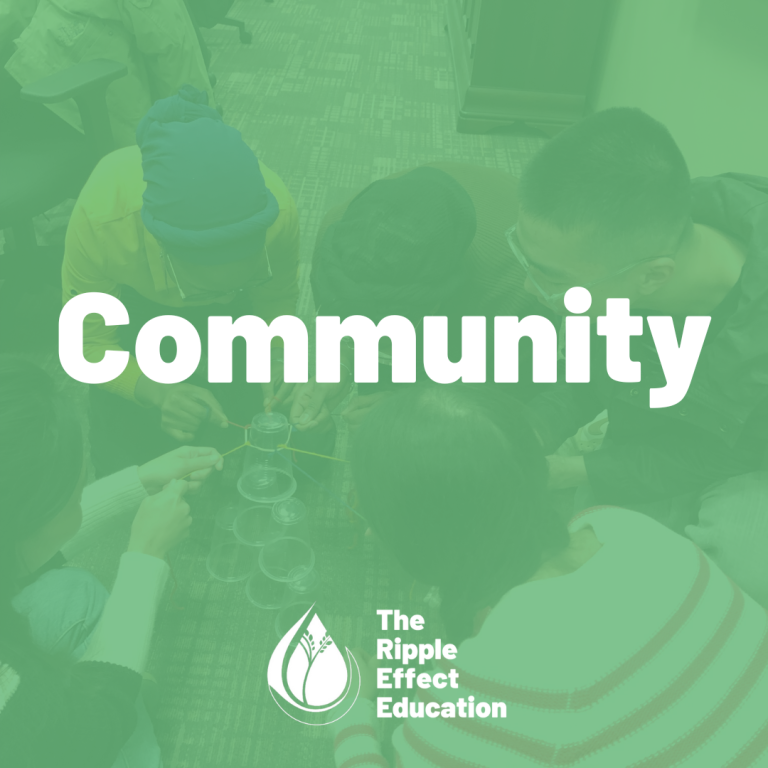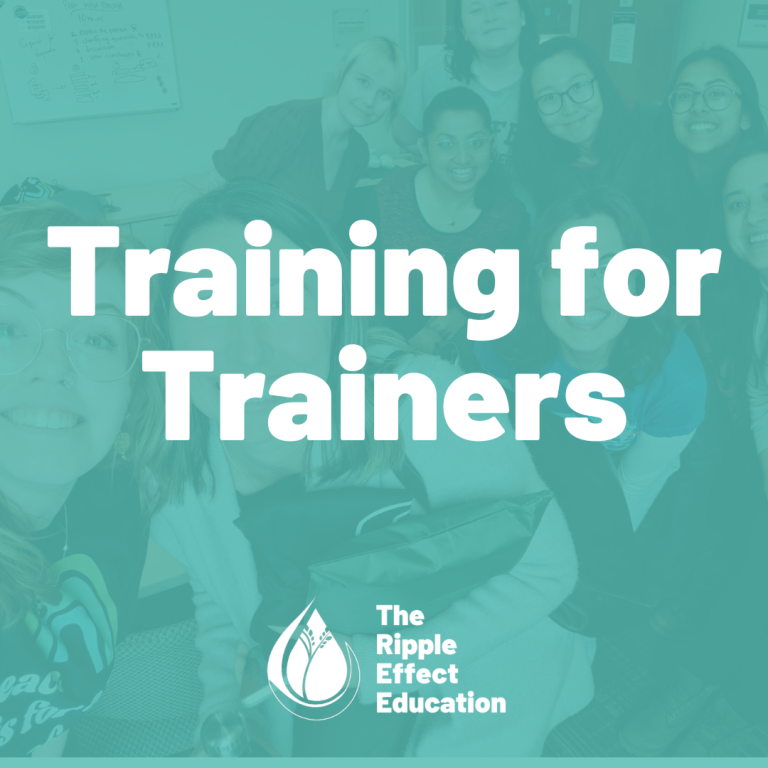In today’s diverse and media-heavy world, the power of representation is greater than ever, particularly for youth. Representation extends beyond visibility and helps teach youth valuable life skills. Media representation refers to how the media portrays groups or individuals with different characteristics. It refers to how some aspects such as gender, age, ethnicity, physical ability, etc., are presented to society (TELETONUSA, 2023). Youth spend a significant amount of time navigating the world through the media, and they can encounter negative or conflicting messages. Representation serves as a building block to help develop crucial conflict resolution and peacebuilding skills. By fostering mindfulness, empathy, and belonging, quality representation empowers youth to navigate difficult situations to create a harmonious society.
Representation helps foster understanding and acceptance. Children strive to understand the complexities of the world around them. Confusion and lack of awareness can contribute to conflict. Many studies have shown that children spend a lot of time consuming media, which increases as they age. The most recent data today says, “Teenagers spend 7 hours and 22 minutes per day in front of screens on average” (Duarte, 2023). This amount of exposure highlights the importance of ensuring that youth are met with representation that is diverse and positive. Without it, we risk them learning negative concepts and perpetuating misunderstanding and intolerance.
Exposing young individuals to content that expands their perspective, and avoids damaging images, gives them a better understanding of the world around them. This broadened sense of understanding is a tool to decrease biases and increase empathy, particularly towards those they may not completely identify with. When children encounter relatable characters in their reading or viewing experiences, this results in a sense of connection, belonging, and the ability to see themselves in different characters. This develops empathy, understanding towards people in their lives who are different from them, and the power to think that anything is possible for them.
Studies show that young children thrive in relatable and culturally diverse environments, where they can see themselves reflected in books and classroom materials. Such settings encourage them to develop many essential life skills, including positive self-esteem, self-identity, problem-solving, and coping skills (Haris, 2022). These skills are vital for children to be able to navigate conflict effectively, empower youth to assert themselves with confidence, have control over their actions, and establish healthy boundaries (Anita, 2023).
By creating a strong foundation of self-identity and self-assurance, youth are better equipped to handle the complexities of interpersonal dynamics. In turn, they are less likely to engage in conflict that stems from insecurity or defensiveness. Through diverse portrayals in media and literature, youth gain the knowledge they need to imagine and create their narratives, which contributes to building inner peace.
While efforts have been made to improve representation over the years, there is still ample room for improvement, starting at home and school. It is important for educators, parents, family members, etc., to be mindful of diversifying the books, TV shows, toys, and more that they present to youth. By actively broadening the range of cultural, religious, gender, ability, age, etc., representation, we can foster a more inclusive and understanding environment that empowers children to better navigate the world around them.
Since the COVID-19 pandemic, there has been an undeniable surge in children’s media consumption across various platforms (Mesce, 2022). It is crucial not to overlook the impact of quality representation because it serves as a vital building block for fostering empathy and shaping individual identities. These attributes are important for conflict resolution and peace-building. Now more than ever, the content we create for children plays a big role in who we will eventually become as a society. This is why everyone must understand the power and importance of representation.
References:
Anita. (2023, May 8). 12 essential conflict resolution skills for kids: Tools for peaceful problem solving. Whole Hearted School Counselling. https://wholeheartedschoolcounseling.com/2023/05/05/12-conflict-resolution-skills-for-kids-helping-children-become-independent-problem-solvers/#:~:text=Finally%2C%20healthy%20conflict%20resolution%20skills,their%20needs%2C%20and%20set%20boundaries
Duarte, F. (2023, November 10). Average screen time for teens (2024). https://explodingtopics.com/blog/screen-time-for-teens
Harris, D. (2022, April 21). Representation matters. ChildSavers. https://www.childsavers.org/representation/#:~:text=Research%20shows%20that%20young%20children,Problem%20solving%20and%20coping%20skill
Mesce, M., Ragona, A., Cimino, S., & Cerniglia, L. (2022). The impact of media on children during the COVID-19 pandemic: A narrative review. Heliyon, 8(12), e12489. https://doi.org/10.1016/j.heliyon.2022.e12489
Saunders, J. D. (n.d.). 5 reasons representation in Media Matters. blackillustrations. https://www.blackillustrations.com/blog/representation-matters-5-reasons-representation-in-media-matters#:~:text=Representation%20Helps%20Foster%20Understanding%20and%20Tolerance&text=This%20level%20of%20understanding%20helps,to%20an%20increase%20in%20sympathy
TELETONUSA. (2023, March 9). What is media representation?. Children’s Rehabilitation Institute TeletonUSA (CRIT). https://critusa.org/what-is-media-representation/
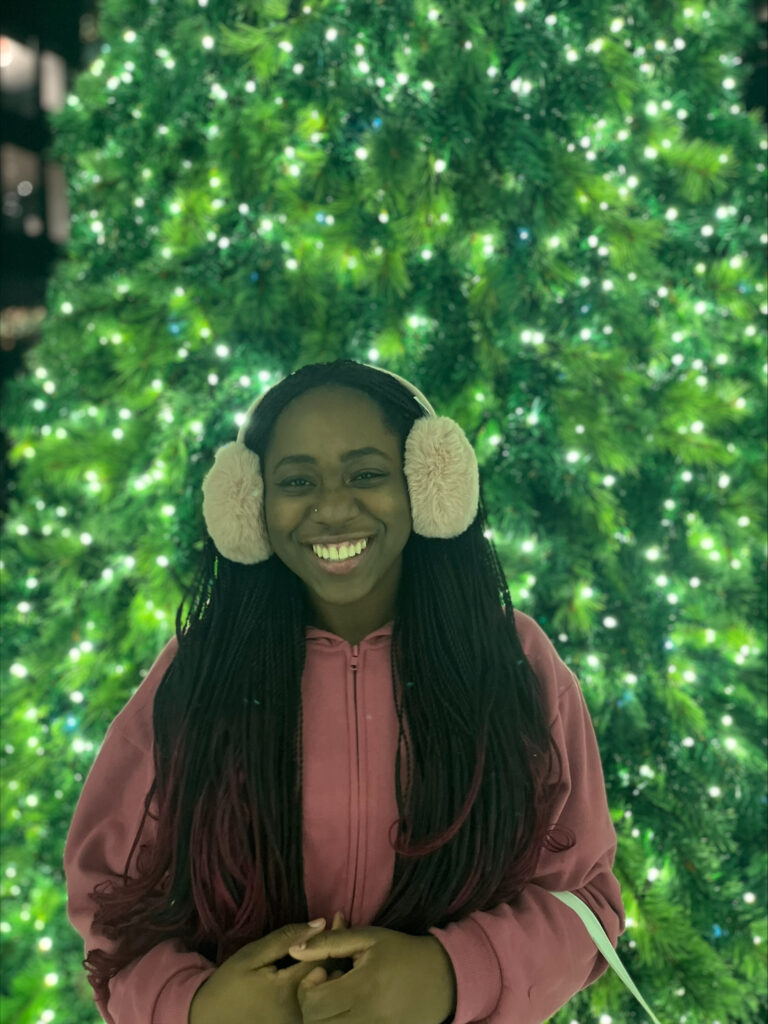
Abby Akinyemi is completing her third year at The University of Waterloo working on achieving her Bachelor’s in Psychology (Science) Honours. She plans on completing her Master’s shortly after graduating. While she has not decided what she will do for her Master’s, she is very passionate about working with children. As an African-Canadian woman, she has always had a strong belief in the importance of social justice. Through her many experiences such as joining a club that aids neurodiverse students in high schools, she has been able to learn the importance of communication and understanding, to help create equal rights and opportunities for everyone in a society. She is excited to continue this path at TREE and hopes to learn new skills she can use to further her knowledge in conflict resolution.
